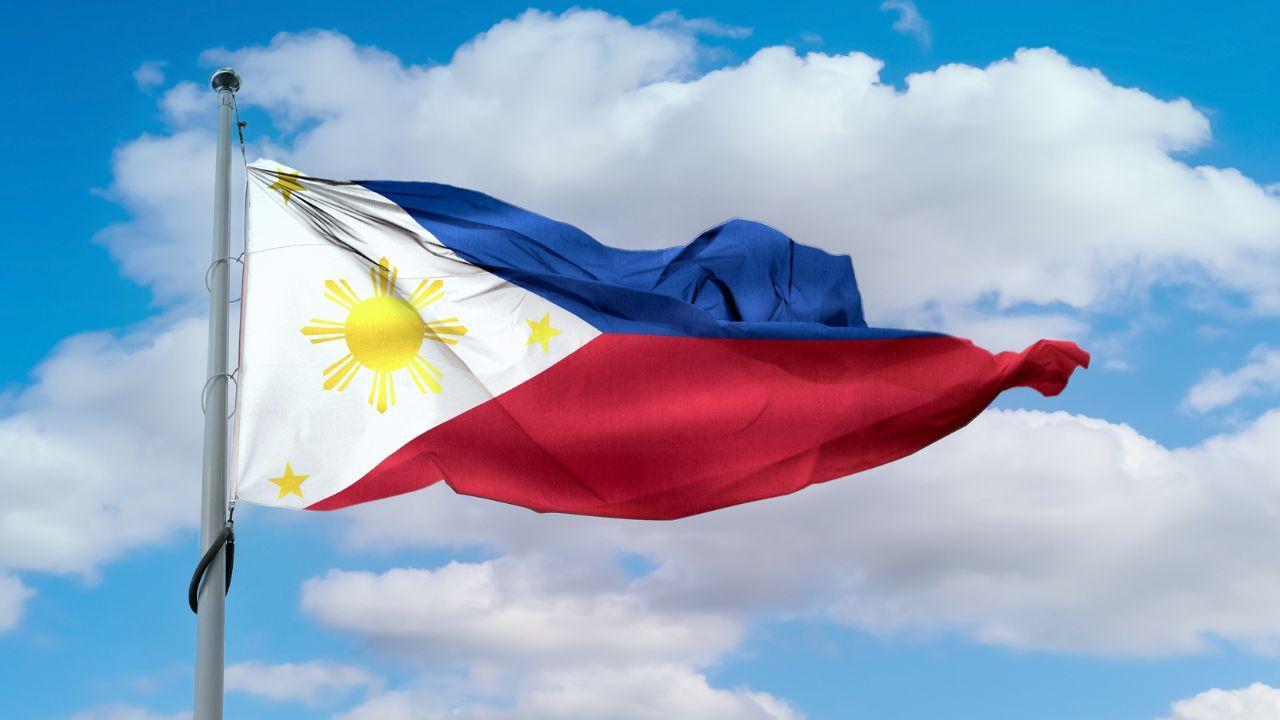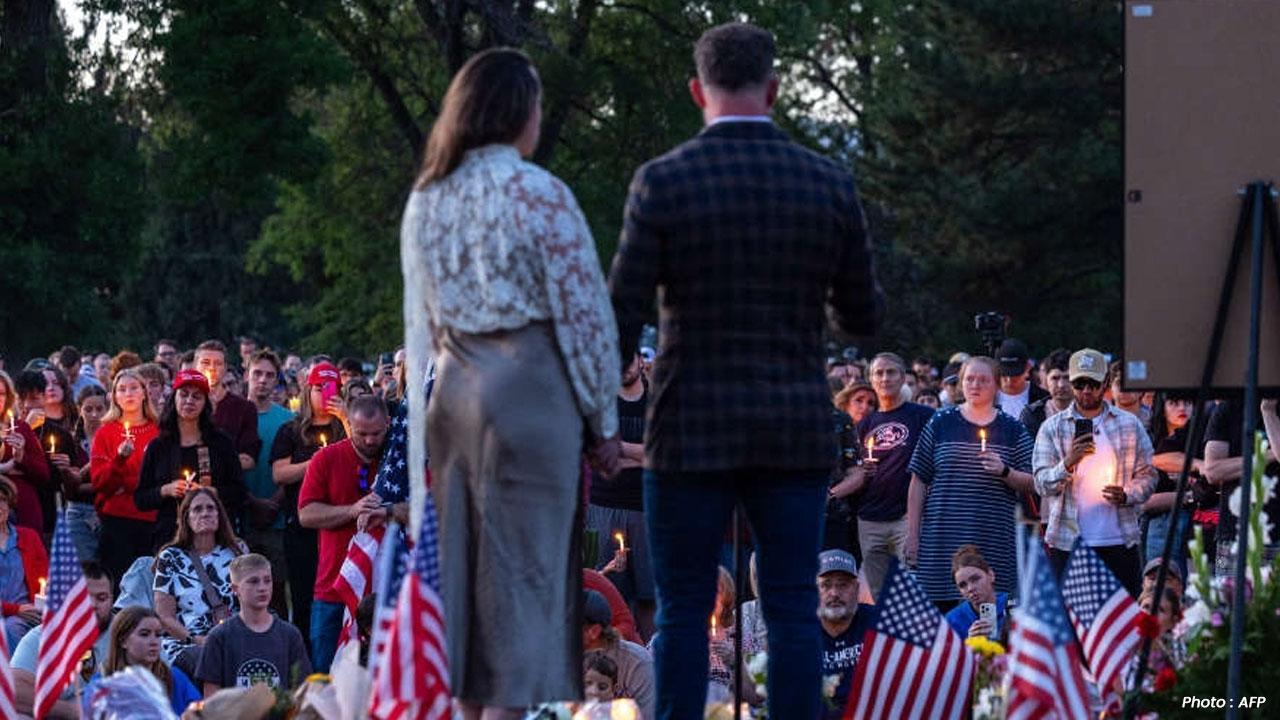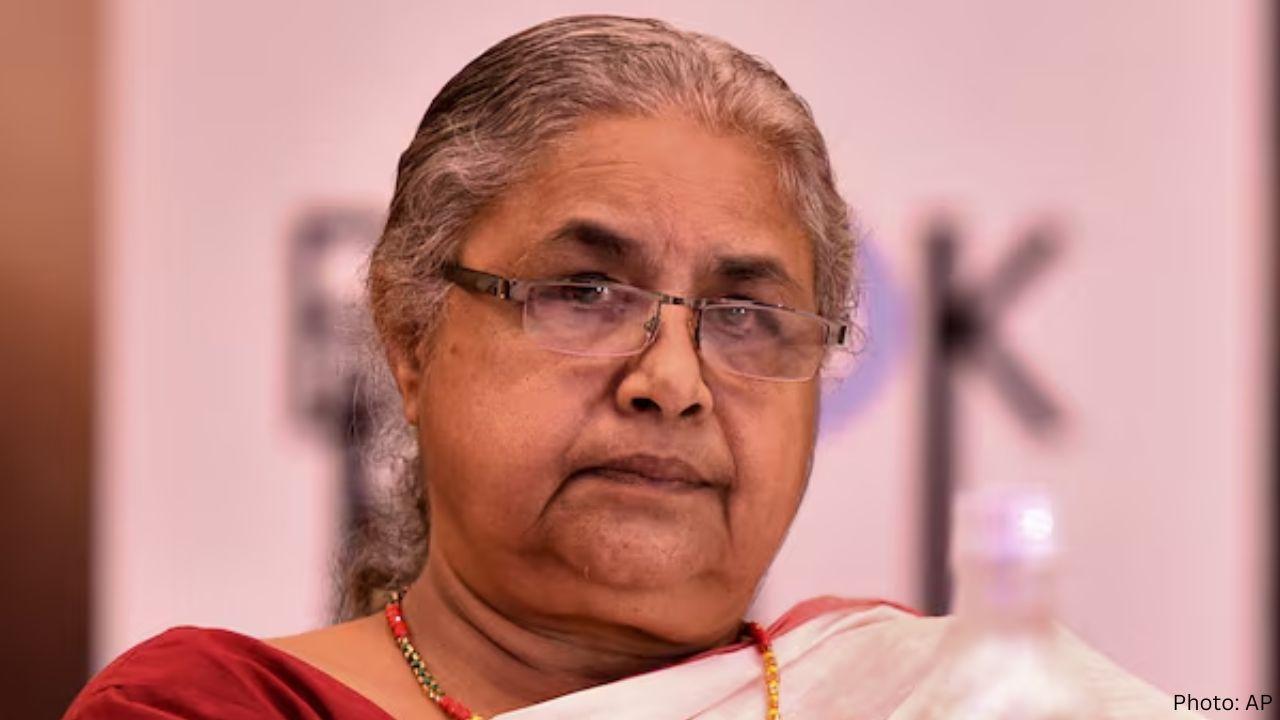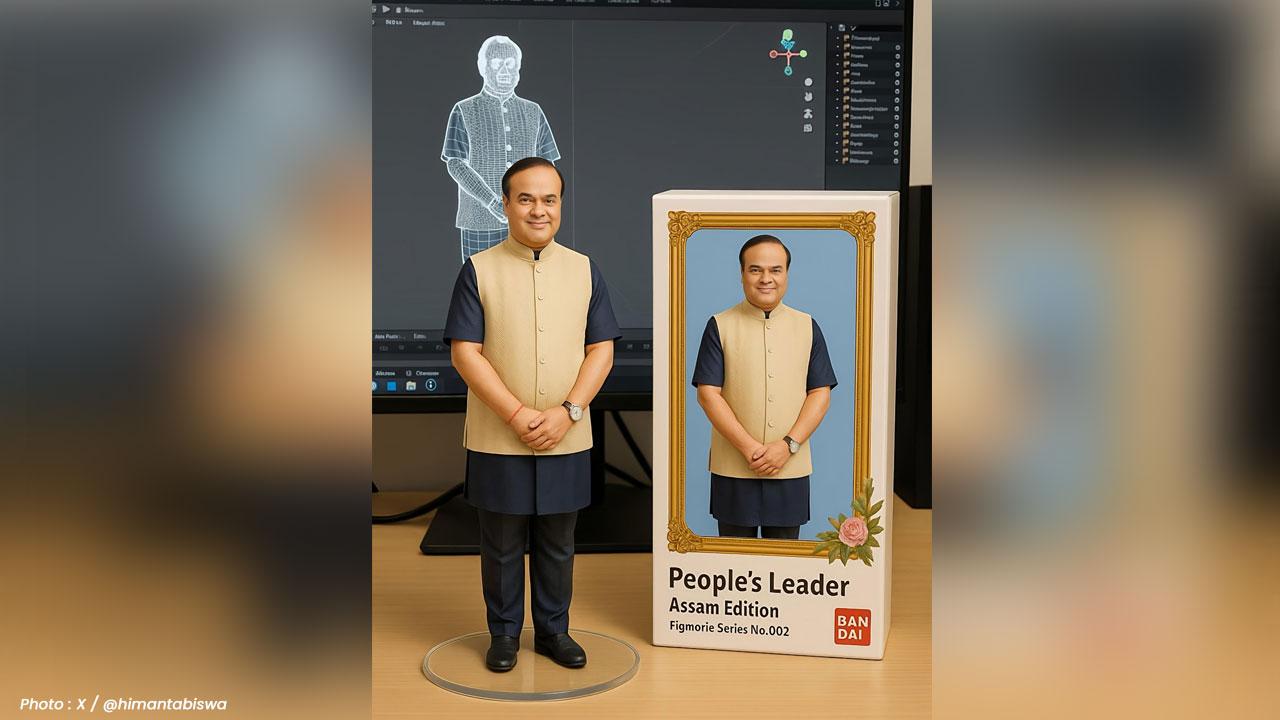
Join 10k+ people to get notified about new posts, news and tips.
Do not worry we don't spam!

Post by : Raman
The Philippines is facing a major crisis involving government corruption, public trust, and the country’s most vulnerable citizens. Recent investigations have revealed allegations of massive corruption in flood control projects, prompting anger among the public, concern from experts, and calls for government accountability. Flood control is a vital issue in the Philippines, as the country regularly faces deadly typhoons and heavy rains that can destroy homes, schools, roads, and livelihoods.
The scandal centers on government flood control projects worth more than 545 billion pesos, approximately 9.6 billion U.S. dollars, carried out over the last three years. These projects were meant to protect towns and cities from floods, yet reports suggest that many were either substandard, poorly constructed, or never completed. Some lawmakers, public works officials, and construction companies are accused of pocketing huge kickbacks, spending the money on luxury items, high-stakes casino gambling, and extravagant lifestyles.
Public outrage over these allegations has grown rapidly. Citizens are angry that money intended to protect their homes and communities may have been stolen. Small protests have erupted in several parts of the country, and many people have expressed their concerns online, including through social media, blogs, and forums. Religious leaders, business executives, retired military officials, and ordinary citizens have all voiced their frustration.
In the midst of this growing anger, some individuals have called on the Philippine military to withdraw its support from President Ferdinand Marcos Jr., hoping the armed forces would play a decisive role in addressing corruption. These calls drew parallels to past “people power” uprisings, such as in 1986 when Ferdinand Marcos Sr., the current president’s father, was removed from office with significant army involvement, and in 2001 when President Joseph Estrada was ousted. Supporters of these ideas suggested that the military could once again act as a safeguard for the people.
However, the country’s defense and military leaders have firmly rejected these calls. Defense Secretary Gilberto Teodoro Jr. and military Chief of Staff Gen. Romeo Brawner Jr. issued a joint statement late Friday emphasizing the professionalism, loyalty, and neutrality of the armed forces. They said the military “abides by the constitution through the chain of command” and warned against attempts to involve the army in political matters. They described such moves as “futile” and “irresponsible,” emphasizing that the army’s focus should remain on national security and regional stability rather than political disputes.
The statement also highlighted the importance of democracy, rule of law, and national unity. The defense officials urged citizens to trust democratic institutions and respect the legal process. They made it clear that while the public has the right to demand accountability, the military is not a tool for political protests or pressure campaigns.
The government, led by President Marcos, is actively investigating the allegations. The House of Representatives, the Senate, and the president’s administration are conducting separate inquiries into the flood control projects. Several lawmakers, senators, engineers, and construction companies have been identified and accused of corruption. In televised hearings, officials faced tough questioning about substandard work, missing infrastructure, and large amounts of unaccounted funds.
President Marcos has personally inspected flood-prone provinces, including Bulacan, a densely populated area north of Manila. He reported that many flood control structures were either poorly constructed or completely absent, describing the situation as “horrible.” Following these inspections, Marcos formed an independent commission to investigate the irregularities and anomalies in the flood projects. He also took immediate action by withholding funding for certain projects in the upcoming year and accepting the resignation of the public works secretary.
The Philippines is especially vulnerable to floods and typhoons, which makes this scandal particularly serious. Every year, typhoons sweep through the country, causing destruction and sometimes death. Poor communities are most affected, as they often lack strong housing and infrastructure to withstand severe weather. Flood control projects are meant to protect these vulnerable populations, and corruption in these projects threatens public safety and undermines trust in government.
Despite the controversy, street protests in the Philippines have remained relatively small and peaceful, unlike recent violent demonstrations in neighboring countries such as Nepal and Indonesia. Most outrage is expressed online, through social media posts, articles, and opinion pieces. Church leaders, business executives, and retired generals have joined the conversation, urging reforms and accountability. These responses indicate that the public is concerned, but also cautious about the risks of large-scale unrest.
Security assessments by the government show that large uprisings are unlikely. Two high-ranking officials in national security and defense, speaking on condition of anonymity, confirmed that there is no current threat of secessionism or rebellion within the military or police forces. The armed forces are considered loyal to the constitution, the flag, and the president. According to a confidential intelligence report, while groups opposed to President Marcos have attempted to capitalize on public outrage, a major “people power” movement would be unlikely without support from the military.
The government’s response to the flood control scandal reflects a focus on proper investigation, reform, and prevention of further corruption. By forming an independent commission and temporarily halting project funding, the administration aims to ensure transparency and accountability. The Philippines is sending a strong message that mismanagement of public funds will not be tolerated, and that those responsible will face scrutiny.
This situation also highlights the delicate balance between public demand for accountability and the role of institutions in a democratic country. While citizens are right to demand transparency and punishment for wrongdoing, democratic processes must guide how changes are implemented. The Philippine military’s decision to stay neutral reinforces the principle that the army is a protector of the nation, not a political actor. Stability, law, and order must be preserved even in times of political and social tension.
The flood control scandal is not only a test for the government but also for the nation as a whole. The Philippines has an opportunity to demonstrate that it can hold officials accountable, safeguard public resources, and ensure the safety of its citizens. It is also a reminder of the importance of civic participation, ethical governance, and the role of democratic institutions in maintaining a fair and stable society.
The Philippine military’s firm stance and the government’s ongoing investigations show that the country is addressing the flood control scandal through legal and proper channels. Citizens, while frustrated and angry, are encouraged to trust these processes. Flood control projects are vital for the safety of millions, and corruption in this area cannot be ignored. By acting responsibly, the Philippines has a chance to restore public trust, strengthen democratic governance, and ensure that future projects serve the people rather than personal interests.
This scandal, while alarming, can become a turning point. It demonstrates the importance of accountability, transparency, and citizen engagement. By following the rule of law, upholding ethical standards, and keeping institutions strong, the Philippines can navigate this crisis and emerge stronger. Public vigilance, media reporting, and independent oversight are all crucial in ensuring that government actions match the needs of the people. Ultimately, the country’s unity, commitment to democracy, and adherence to the constitution will guide it through this challenging time.
#trending #latest










Sushila Karki Becomes Nepal’s First Woman Prime Minister
Eminent jurist Sushila Karki, 73, becomes Nepal’s first woman prime minister after Gen Z protests to

Netanyahu gambled by targeting Hamas leaders in Qatar. It appears to have backfired
Netanyahu’s airstrike on Hamas leaders in Qatar failed, hurting global ties, angering allies, and ra

Esha Singh Wins Gold in 10m Air Pistol at ISSF World Cup 2025 India Shines
Esha Singh secures India’s first gold at ISSF World Cup 2025 in Ningbo, beating top shooters in a th

Neymar won’t have problems securing Brazil World Cup spot if in top shape, says Ancelotti
Brazil coach Ancelotti says Neymar must prove physical fitness to earn a place in the 2026 World Cup

Google Gemini Nano Banana Trend Lets You Create Realistic 3D Figurines
Turn your photo into a lifelike 3D figurine for free with Google Gemini’s Nano Banana trend. Fun, ea

Apple AI Leader Robby Walker Quits Amid Delays in Siri
Apple AI chief Robby Walker is leaving after a decade, raising concerns as Siri upgrades face delays